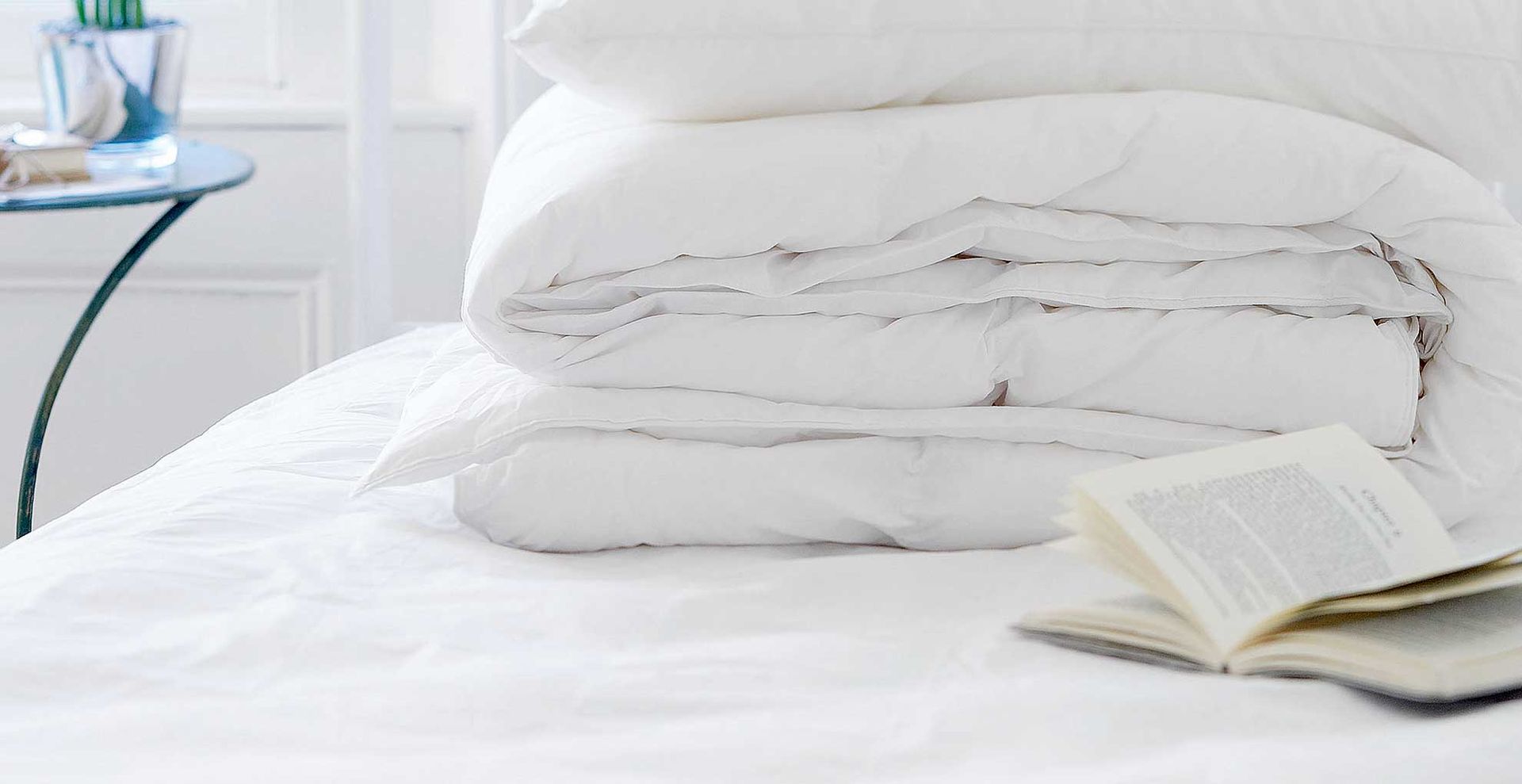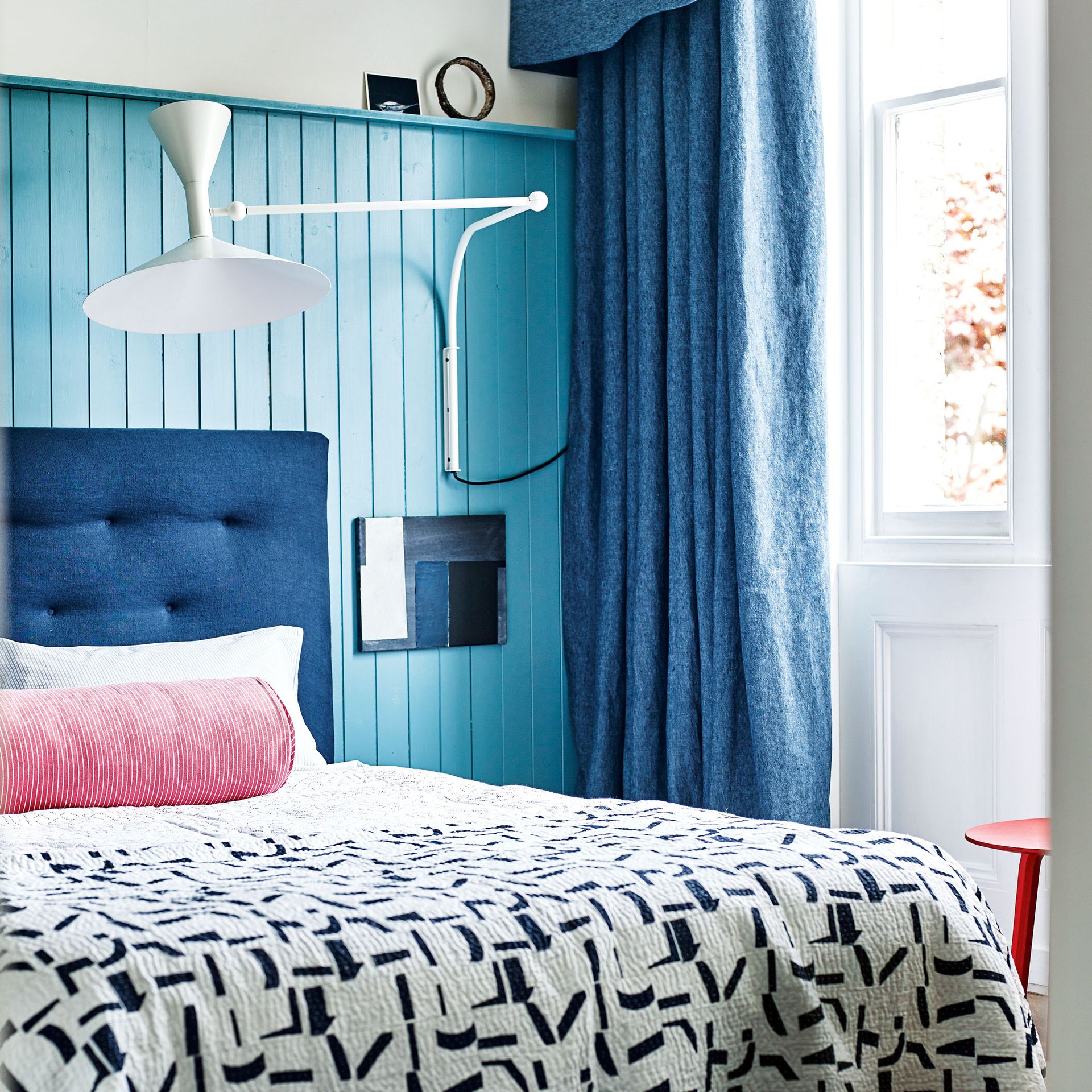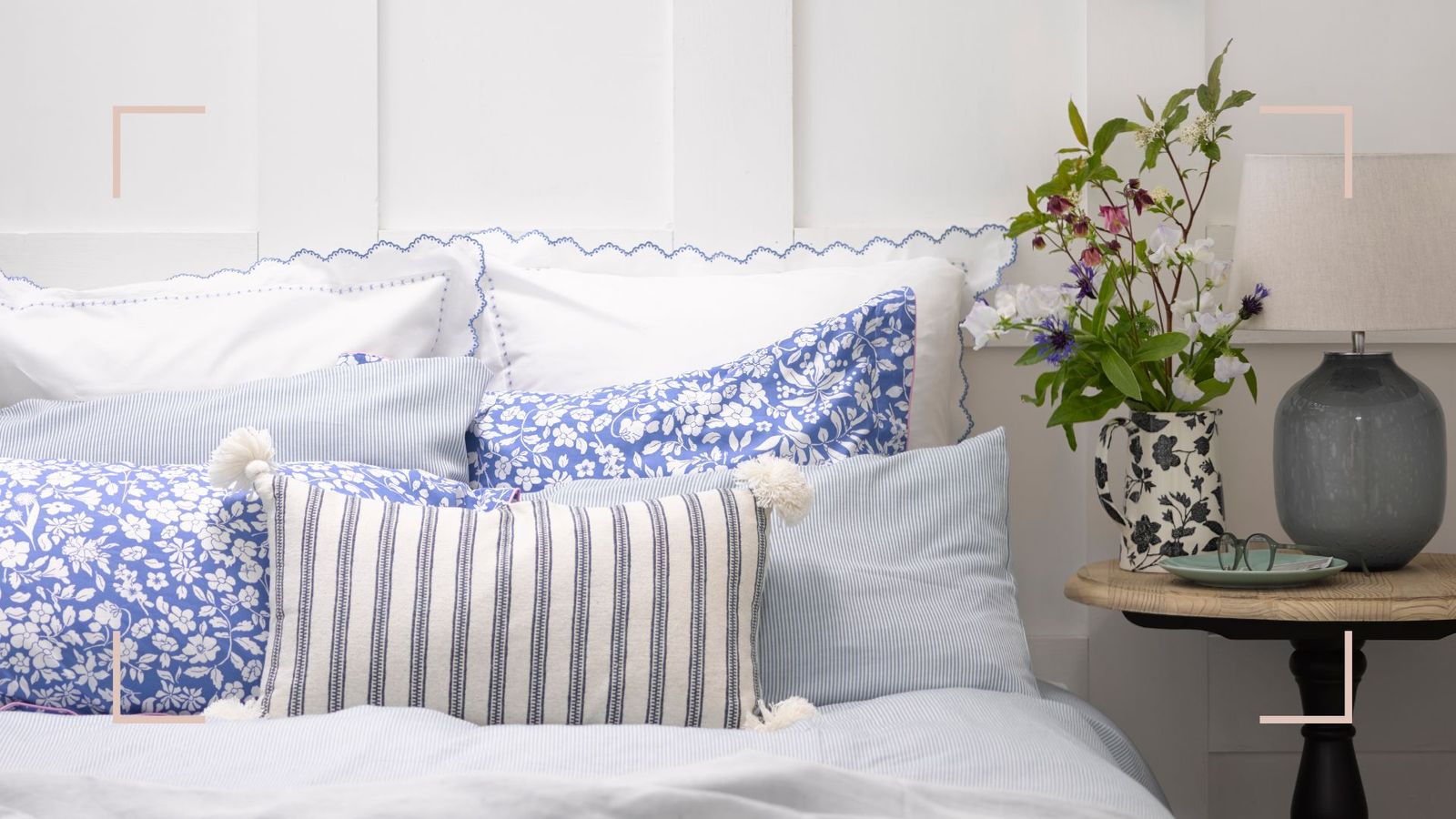Natural Cooling Techniques

Keeping your bedroom cool at night is essential for a good night’s sleep. While air conditioning is a popular option, there are several natural cooling techniques that can help you beat the heat without relying on electricity.
Maximizing Airflow
Opening windows strategically can significantly improve airflow in your bedroom, drawing in cooler air from outside. For optimal airflow, open windows on opposite sides of the room, creating a cross-breeze. If you live in a humid climate, consider opening windows at night when the air is cooler and closing them during the day to prevent warm, humid air from entering.
Using Fans
Fans are an effective way to circulate air and create a cooling sensation. Ceiling fans are particularly useful as they can move a large volume of air, creating a more noticeable cooling effect. For optimal performance, make sure your ceiling fan is spinning counter-clockwise during the summer months. This pushes air down, creating a cool breeze. Portable fans are also a good option, especially for smaller rooms or areas where a ceiling fan isn’t available. Place them strategically to direct cool air towards your bed.
Creating a Cool Sleeping Environment
Choosing the right bedding can also help you stay cool at night. Opt for natural materials like cotton sheets, which are breathable and allow air to circulate freely. Avoid synthetic fabrics like polyester, which can trap heat and moisture. Breathable pajamas made of cotton or linen are also recommended.
Plants that Cool a Room
Certain plants can help naturally cool down a room by releasing moisture into the air through transpiration. Some plants known for their cooling properties include:
- Snake Plant (Sansevieria trifasciata): This low-maintenance plant is known for its air-purifying qualities and its ability to release moisture into the air.
- Peace Lily (Spathiphyllum): This beautiful flowering plant can help remove toxins from the air and release moisture, contributing to a cooler environment.
- Spider Plant (Chlorophytum comosum): This easy-to-care-for plant is effective at purifying the air and releasing moisture, creating a cooler and healthier indoor environment.
Temperature Control Strategies: Best Way To Keep Bedroom Cool At Night

Beyond natural cooling techniques, there are several temperature control strategies that can significantly enhance your bedroom’s comfort at night. These methods involve utilizing technology and tools to manipulate the temperature and humidity within your space.
Blackout Curtains or Blinds
Blackout curtains or blinds are a simple yet effective way to keep your bedroom cool. By blocking out sunlight, they prevent heat from entering your room during the day. This is particularly beneficial in rooms that receive direct sunlight, as the sun’s rays can significantly raise the temperature. When sunlight is blocked, the room stays cooler throughout the day, making it easier to maintain a comfortable temperature at night.
Dehumidifiers
Dehumidifiers are essential for creating a more comfortable sleeping environment by reducing humidity. Excessive humidity can make it feel hotter and stickier, leading to discomfort and difficulty sleeping. By removing moisture from the air, a dehumidifier can create a cooler and drier environment. A dehumidifier is particularly helpful in humid climates or during seasons with high humidity levels.
Air Conditioning
Air conditioning is the most effective way to quickly cool down a room and maintain a comfortable temperature. However, it’s crucial to use air conditioning efficiently to avoid unnecessary energy consumption and costs.
- Setting the Thermostat: Set your thermostat to a comfortable temperature, typically between 72°F and 75°F (22°C to 24°C) for optimal sleep. Avoid setting the temperature too low, as this can lead to discomfort and disrupt your sleep.
- Optimizing Airflow: Ensure proper airflow throughout your bedroom by opening windows or using fans. This allows cool air to circulate and prevent the buildup of warm air. Consider using a ceiling fan, which can create a cooling breeze even when the air conditioner is not running.
Types of Air Conditioners
There are several types of air conditioners available, each with its own advantages and disadvantages.
- Window Units: These units are relatively inexpensive and easy to install. They are typically best suited for single rooms. Window units can be noisy, and their cooling capacity may be limited depending on the size of the room.
- Portable Units: Portable air conditioners offer greater flexibility as they can be moved from room to room. However, they may be less powerful than window units and require a drain hose to remove condensation.
- Central Air Conditioning: This type of air conditioning system is installed throughout the house and provides cooling to multiple rooms. While central air conditioning is the most expensive option, it offers the most efficient and comfortable cooling for larger homes.
Lifestyle Adjustments

A cool bedroom is only part of the equation for a restful night’s sleep. Making lifestyle changes can significantly impact your sleep quality and help you stay cool throughout the night.
Relaxing Bedtime Routine
A consistent bedtime routine helps signal your body that it’s time to wind down and prepare for sleep. This can help you fall asleep faster and stay asleep longer, which in turn helps regulate your body temperature.
- Dim the lights: Start dimming the lights in your home about an hour before bedtime. This signals your body to start producing melatonin, a hormone that regulates sleep.
- Take a warm bath or shower: A warm bath or shower can help relax your muscles and raise your core temperature. As your body cools down afterward, it can help you fall asleep faster.
- Engage in relaxing activities: Reading a book, listening to calming music, or practicing gentle stretching can help calm your mind and body before bed. Avoid watching TV or working on your computer, as the blue light emitted from these devices can interfere with melatonin production.
Light Meals and Snacks, Best way to keep bedroom cool at night
Eating a heavy meal close to bedtime can increase your body temperature and make it harder to fall asleep. Choose light meals and snacks that are easy to digest and won’t disrupt your sleep.
- Avoid sugary and processed foods: These foods can cause blood sugar spikes and crashes, which can interfere with sleep.
- Opt for protein and complex carbohydrates: These foods provide sustained energy and help you feel full without overloading your digestive system.
- Stay hydrated: Drink plenty of water throughout the day, but avoid drinking large amounts of fluids right before bed to prevent nighttime bathroom trips.
Activities to Promote Sleep and Relaxation
Engaging in relaxing activities before bed can help prepare your body and mind for sleep.
- Take a cool shower or bath: This can help lower your body temperature and promote relaxation.
- Practice deep breathing exercises: Deep breathing can help calm your mind and slow your heart rate, promoting relaxation.
- Listen to calming music: Soothing music can help create a relaxing atmosphere and prepare you for sleep.
- Read a book: Reading a book can help distract your mind from worries and promote relaxation.
Avoiding Alcohol and Caffeine
Alcohol and caffeine can interfere with sleep and make you feel warmer.
“Alcohol may initially make you feel drowsy, but it disrupts sleep cycles later in the night, leading to fragmented sleep and increased body temperature.”
- Avoid alcohol several hours before bedtime: Alcohol can interfere with your sleep cycle and make you feel warmer throughout the night.
- Avoid caffeine after midday: Caffeine can stay in your system for several hours, making it difficult to fall asleep and affecting your sleep quality.
